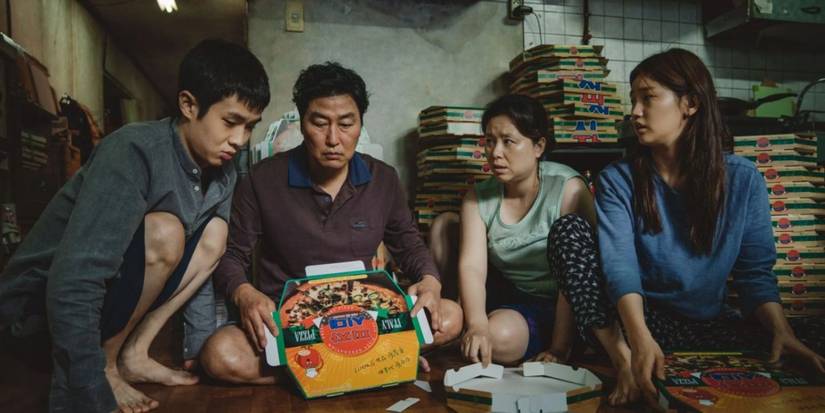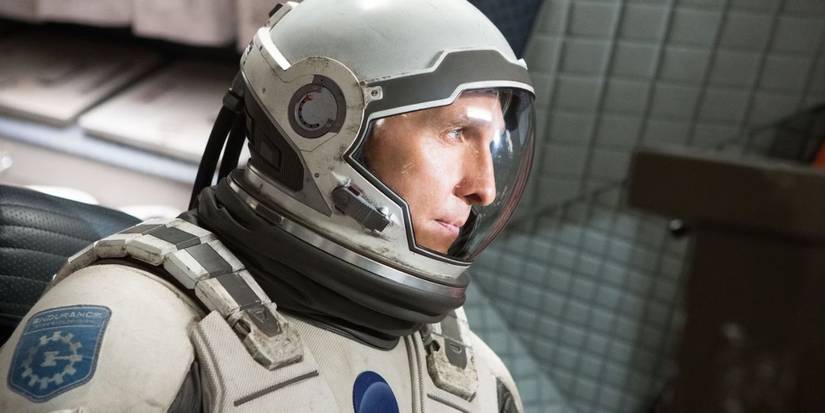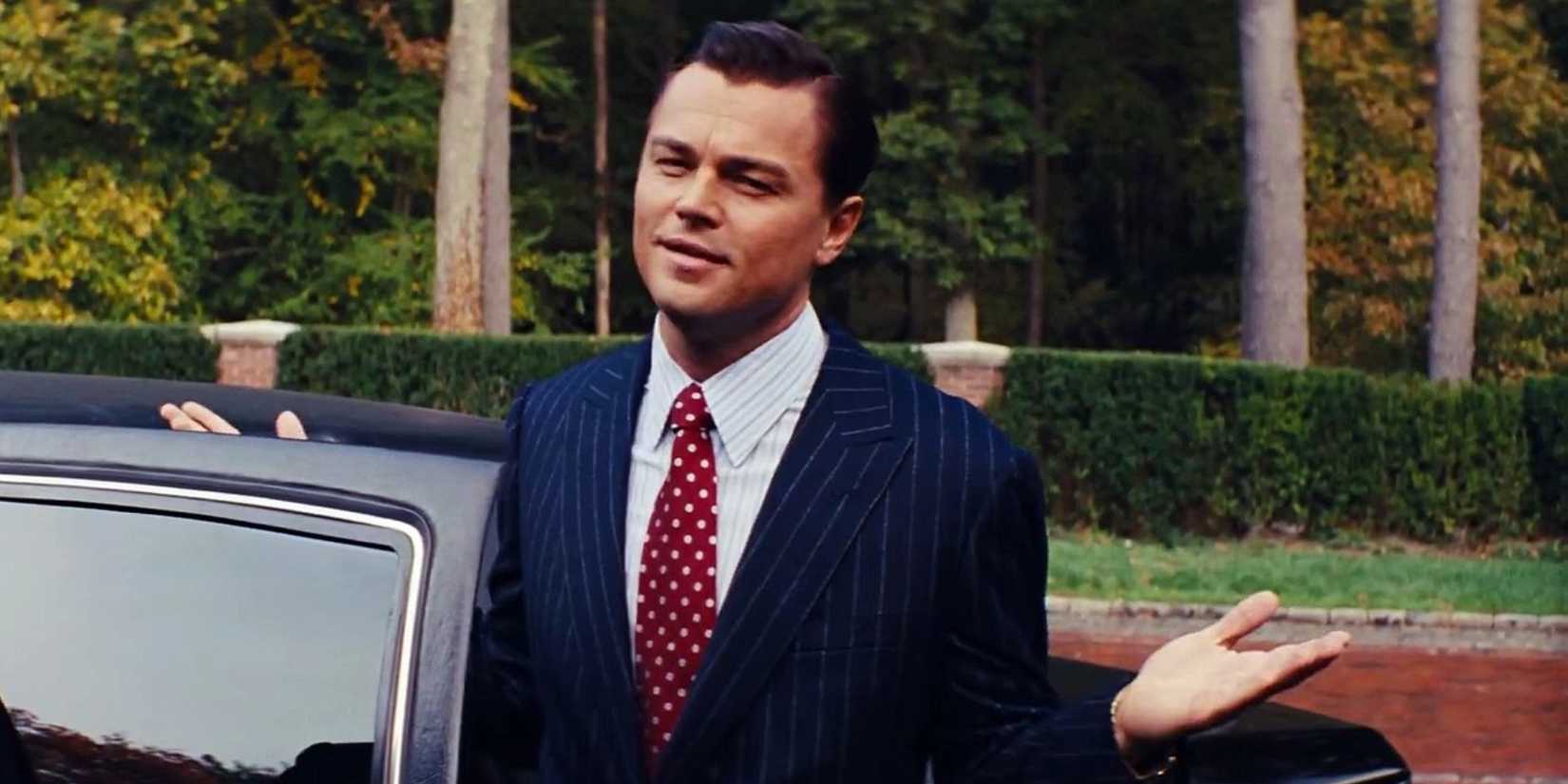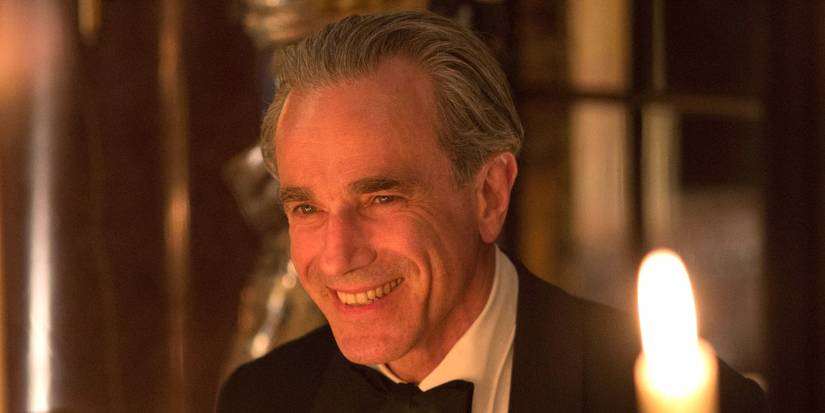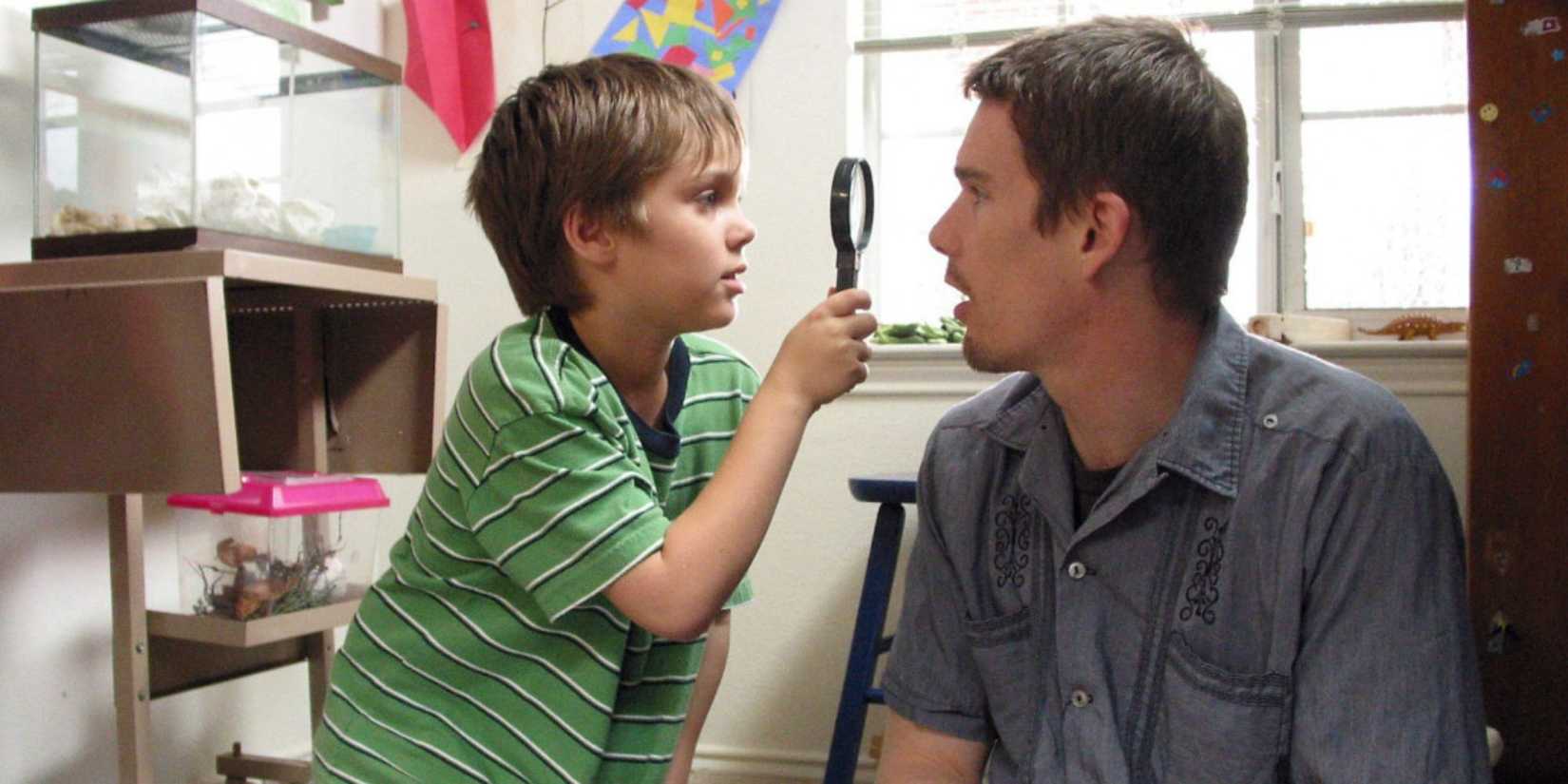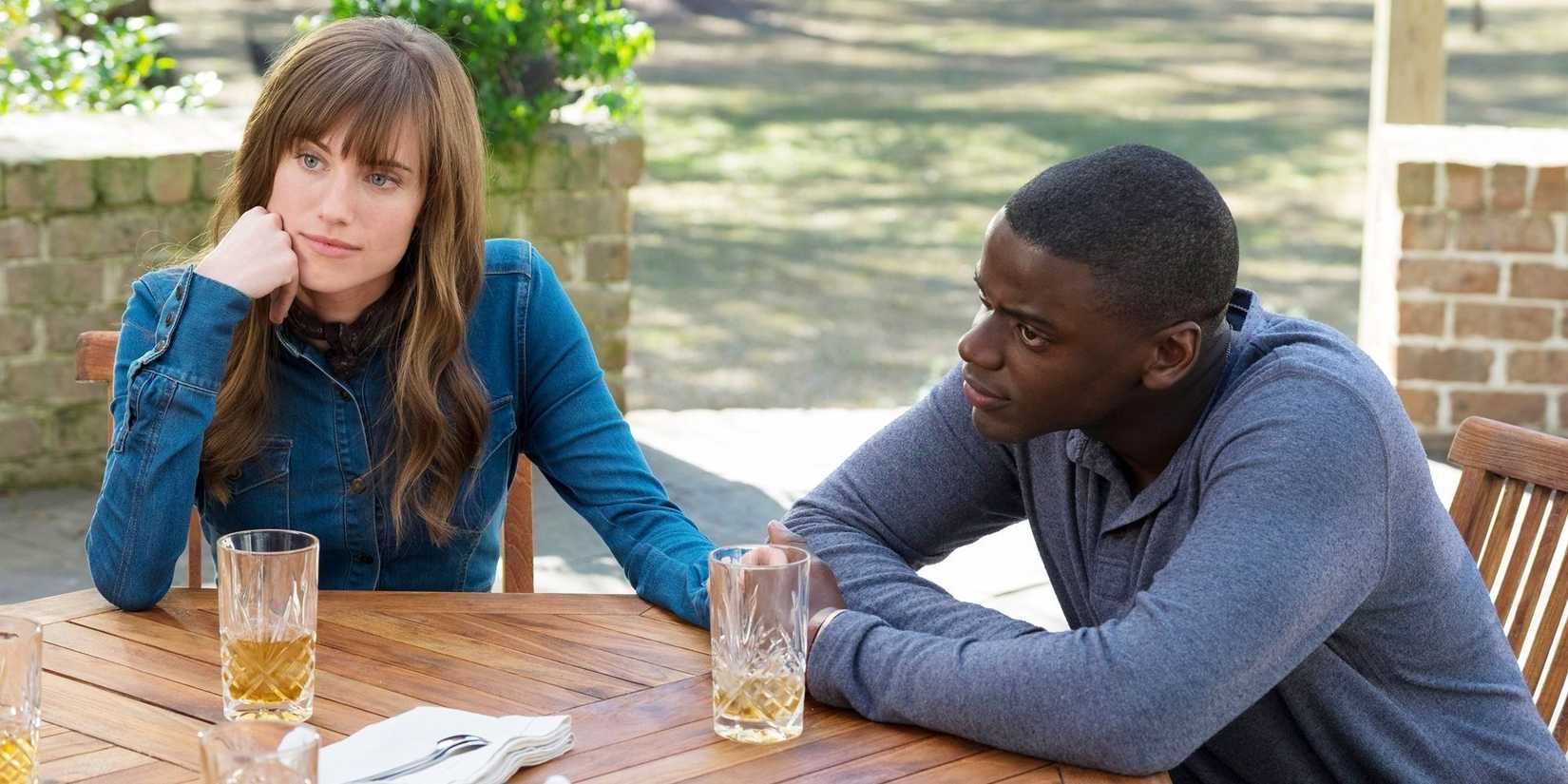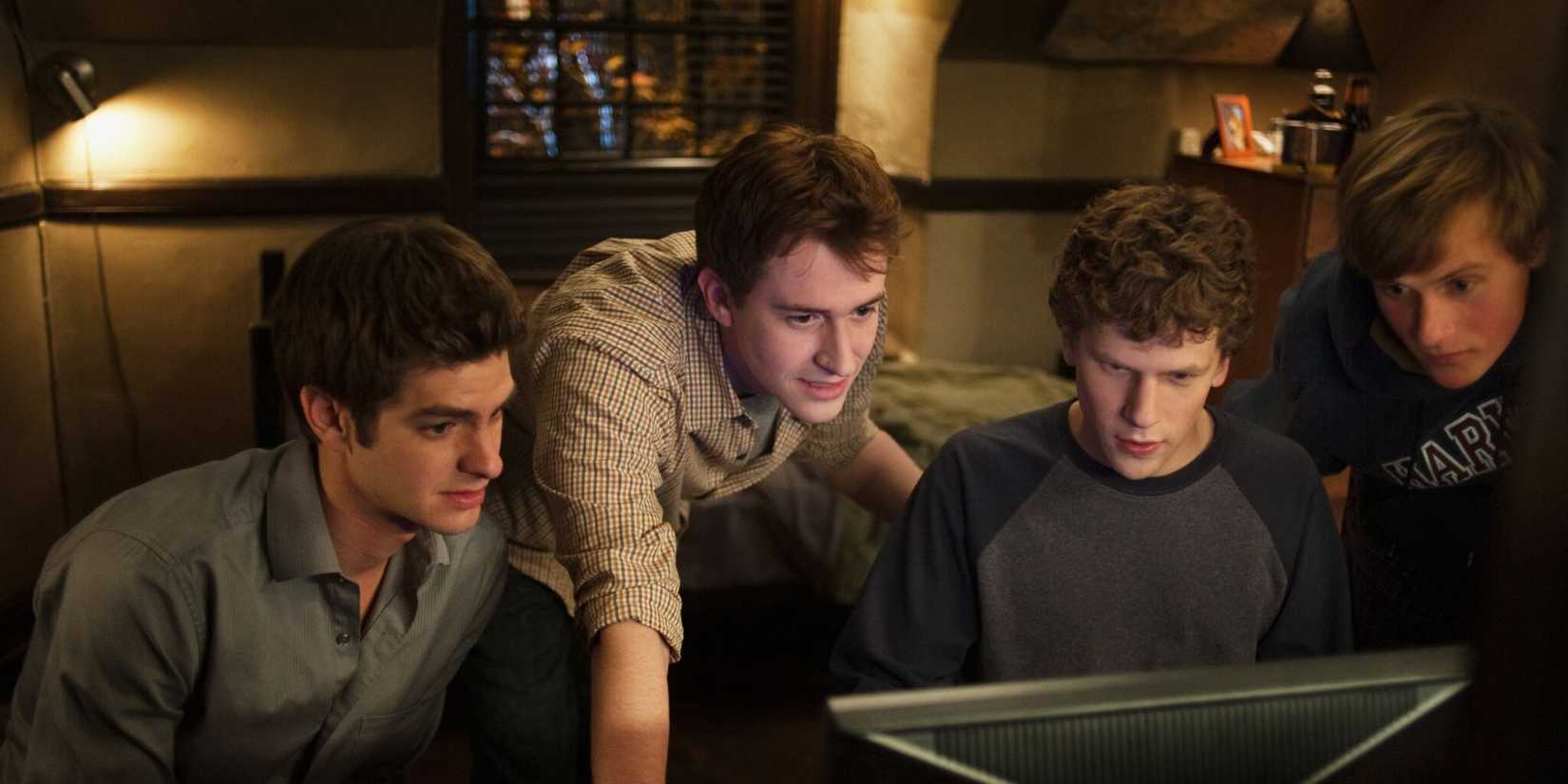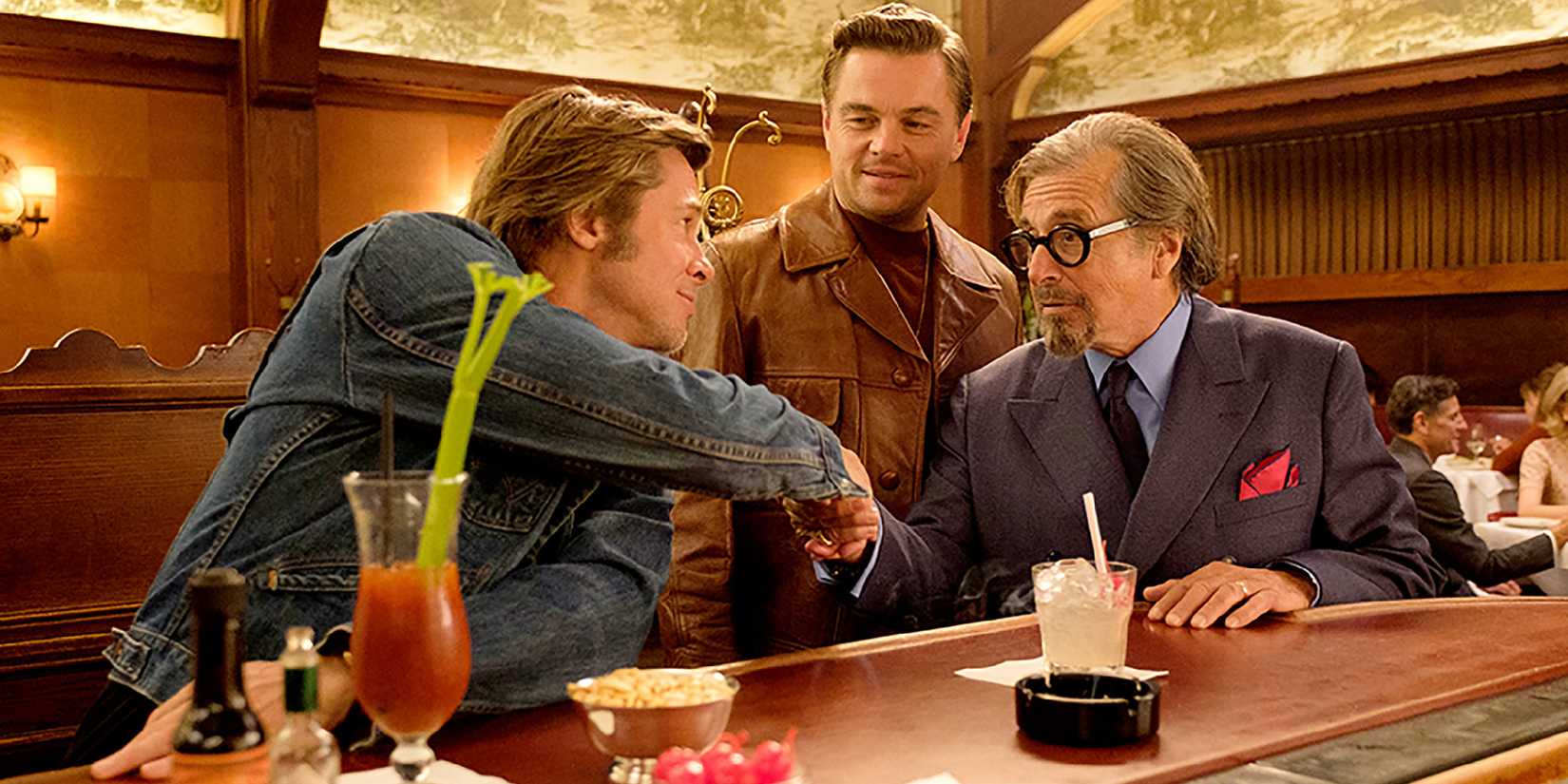The 2010s were a fascinating decade for cinema, marked by a lot of contrasts and transitions. CGI and digital filmmaking techniques rapidly advanced, while social media reshaped culture and politics fragmented across the globe. The rise of streaming also placed the theater experience under serious pressure, while the superhero genre dominated the big screen as every studio desperately tried to launch a cinematic universe.
The best movies of this decade reflected these changes, commented on them, or simply distracted us from them in the best way. The movies on this list are the films from the 2010s that were masterpieces from day one. No slowly developing cult followings, no critical reappraisal needed here. All of these acclaimed efforts were self-evidently great the second they went into wide release, and their reputation has only improved in the years since.
‘The Tree of Life’ (2011)
“The only way to be happy is to love.” Some viewers found The Tree of Life a little too abstract, a little too ponderous, but that’s precisely the point. It’s less a conventional movie than a meditation, drawing links between cosmic grandeur and everyday moments, and it’s nothing if not audacious. At its center is the story of a Texas family in the 1950s, with Brad Pitt as a stern father, Jessica Chastain as a figure of grace, and Sean Penn reflecting as the adult son haunted by childhood.
This intimate family drama is mixed with striking, almost surreal imagery: the birth of the universe, sprawling nature scenes, dinosaurs fighting for survival. In the process, Terrence Malick connects the pain of one household to the vastness of creation itself. On the aesthetic side, Emmanuel Lubezki‘s cinematography captures moments of light and movement with breathtaking beauty, turning even small gestures into revelations.
‘Parasite’ (2019)
“You know what kind of plan never fails? No plan. No plan at all.” Parasite was a cultural earthquake, instantly hailed as one of the greatest films of the 21st century. It earned such a reputation not through a mega budget or a high-concept premise, but simply through the well-told story of a poor Korean family infiltrating a wealthy household. It begins as social satire, then shifts into black comedy, and ultimately becomes a tragedy of class conflict. The melding of genres and themes is seamless, thrilling, hilarious, horrifying, and heartbreaking all at once.
Every shot is meticulous and heavy with symbolism, from the vertical architecture to the rainstorm sequence. They’re grounded by the human performances, particularly Song Kang-ho as the weary father. He carries his part with both warmth and quiet rage. Taken together, the characters reveal the absurd cruelty of poverty and inequality. This message resonated across cultural and linguistic barriers, finding fans all over the globe.
‘Interstellar’ (2014)
“We used to look up at the sky and wonder at our place in the stars.” In the mid-2010s, Christopher Nolan was one of the directors who was trying to make smart blockbusters, and Interstellar was perhaps his finest achievement, as grand in ambition as any sci-fi epic ever made. On one level, it is a dazzling space adventure, following Matthew McConaughey‘s Cooper as he ventures through wormholes and alien planets to save humanity. On another, it’s a deeply emotional story about the bond between a father and daughter, stretched across the fabric of time.
The imagery is unforgettable, including ships gliding past black holes, waves the size of skyscrapers, and the swirling chaos of a tesseract. Hans Zimmer‘s organ-driven score amplifies the film’s sense of awe and wonder. While some critics quibbled with its dialogue, and some of its time-travel ideas had admittedly been done before, the sheer force of Interstellar‘s vision overwhelmed any flaws.
‘The Wolf of Wall Street’ (2013)
“There’s no nobility in poverty.” A deliberate rebuke to the moral tidiness of Olive Stone‘s Wall Street, The Wolf of Wall Street is three hours of corruption and madness, propelled by one of Leonardo DiCaprio‘s most fearless performances. As Jordan Belfort, he turns greed into spectacle, delivering physical comedy, manic energy, and spiritual emptiness in equal measure. Scorsese directs all this with the energy of a filmmaker half his age, crafting a black comedy that’s hilarious, horrifying, and relentless.
The infamous Quaalude crawling scene alone became an instant classic, but the film’s real power lies in its refusal to moralize. Instead of preaching about the evils of capitalism, it lets the grotesque scenes of excess speak for themselves. For this reason, The Wolf of Wall Street is both riotously funny and terrifying, a mirror held up to American greed. On release, it was immediately recognized as one of Martin Scorsese‘s great late-career works, proving he still had the capacity to shock.
‘Phantom Thread’ (2017)
“I want you flat on your back.” Paul Thomas Anderson‘s Phantom Thread is one of the most delicate and intoxicating films of the decade, and Daniel Day-Lewis — in his final screen role before a retirement that now shows signs of ending — delivers a mesmerizingly controlled performance. He plays Reynolds Woodcock, a fashion designer obsessed with perfection. Opposite him, Vicky Krieps delivers a breakout performance as Alma, the woman who disrupts his rigid world. Their relationship becomes a battle of wills, full of erotic tension, cruelty, and vulnerability.
Anderson tells their story with painterly precision: every room, costume, and gesture radiates beauty, while Jonny Greenwood’s score swells with romantic menace. As a result, the film feels timeless, like a classic from another era, but its emotional gamesmanship is modern and unsettling. Phantom Thread is a love story twisted into obsession, a character study woven into a gothic fairy tale. Even if Day-Lewis stays retired, this movie serves as a fitting swan song.
‘Boyhood’ (2014)
“You don’t want the bumpers. Life doesn’t give you bumpers.” Boyhood was a bold experiment that easily could have failed. Instead, it ranks among Richard Linklater‘s very best work. Filmed over twelve years with the same cast, it charts the coming-of-age of Mason (Ellar Coltrane) from childhood to college, capturing not just his growth but the shifting dynamics of his family. Patricia Arquette and Ethan Hawke give remarkable performances as parents navigating divorce, maturity, and regret, while Coltrane himself grows before our eyes, his naturalism grounding the film’s quiet drama.
What makes Boyhood extraordinary is its accumulation of small moments. Breakfasts, car rides, awkward conversations; all of it adds up to a life. There’s no contrived climax or neat character arcs; rather, it’s messy and real. The film was universally hailed on release as a new kind of cinematic achievement, one that made the ordinary profound. It focuses on one specific kid, but, in the process, touches on universal feelings.
‘The Grand Budapest Hotel’ (2014)
“Rudeness is merely an expression of fear.” Wes Anderson‘s movies are always charming, but The Grand Budapest Hotel is perhaps his most well-balanced project, with just the right amount of emotion and pastel-colored fun. It’s a confection of color, symmetry, and whimsy, the cinematic equivalent of one of Agatha’s (Saoirse Ronan) cakes. Anderson’s precision reaches its zenith here, replete with miniatures, diorama-like sets, and meticulously crafted frames. Yet beneath the ornate surface lies a story of nostalgia, loss, and the fading of a golden era.
The story, spanning decades, becomes a meditation on memory and storytelling itself, anchored by Ralph Fiennes‘ warmth and humor. He turns in one of his greatest performances as charismatic concierge Gustave H., whose elegance masks both absurdity and melancholy. It’s the complete inverse of his work as Voldemort. All of this adds up to a movie that succeeds as comedy, a tragedy, and a work of visual poetry all at once.
‘Get Out’ (2017)
“I do not like the f—ing deer.” This movie landed like a thunderbolt. Blending horror with comedy and biting social commentary, Get Out redefined what genre cinema could achieve in the 21st century. The story of Chris (Daniel Kaluuya), a Black man visiting his white girlfriend’s (Allison Williams) seemingly liberal family, begins with awkward tension before unraveling into a nightmare of body-snatching and systemic exploitation. Jordan Peele‘s script is razor-sharp, while Kaluuya delivers a performance that’s more skillful than it first appears, his hypnotized stare already iconic.
The film spoke so perfectly to its cultural moment, reflecting real anxieties and tensions that were playing out across politics and social media. It was instantly hailed as a masterpiece not just for its scares, but for how it made horror political again without sacrificing entertainment value. Get Out proved that horror could dominate the cultural conversation, and it announced Peele as a filmmaker of staggering vision right from his debut.
‘The Social Network’ (2010)
“Did I adequately answer your condescending question?” Representing the formidable team-up of David Fincher and Aaron Sorkin, The Social Network turned the founding of Facebook into a modern tragedy, a story of ambition, betrayal, and loneliness in the digital age. An Oscar-nominated Jesse Eisenberg gives the performance of his career as Mark Zuckerberg, portraying him as brilliant, awkward, and ruthlessly driven. The script crackles with wit and venom, while Fincher’s typically deft direction turns boardroom battles into something as thrilling as any action sequence.
The structure, cutting between depositions and flashbacks, builds a portrait of success poisoned by greed and ego. Indeed, The Social Network directly locates many of Meta’s darker elements within the personality of its founder. Its brilliance lies in its foresight. What seemed like a story of one website in 2010 now feels like the origin myth of our entire era. As a result, The Social Network is one of the most important movies of its era.
‘Once Upon a Time … in Hollywood’ (2019)
“You’re Rick f—ing Dalton. Don’t you forget it.” Once Upon a Time in Hollywood is a love letter to cinema, to Los Angeles, and to the fragile myth of stardom. The film drifts with easy charm through Hollywood’s Golden Age, weaving real history with Tarantino‘s playful revisionism. The casting alone makes it memorable. Leonardo DiCaprio as fading actor Rick Dalton and Brad Pitt as his stuntman Cliff Booth create one of the most magnetic duos of the decade. But its climax, a shocking reimagining of the Manson murders, cemented it as an instant classic; violent, cathartic, and deeply moving in a unique, strange way.
The movie also represented a change of pace for its quirky, violent creator. More so than any of Tarantino’s other films, Once Upon a Time in Hollywood leans into the quieter moments: Rick struggling to remember his lines, Cliff feeding his dog, Sharon Tate (Margot Robbie) watching herself onscreen. It’s both elegy and fantasy, celebrating a world that never quite was.



